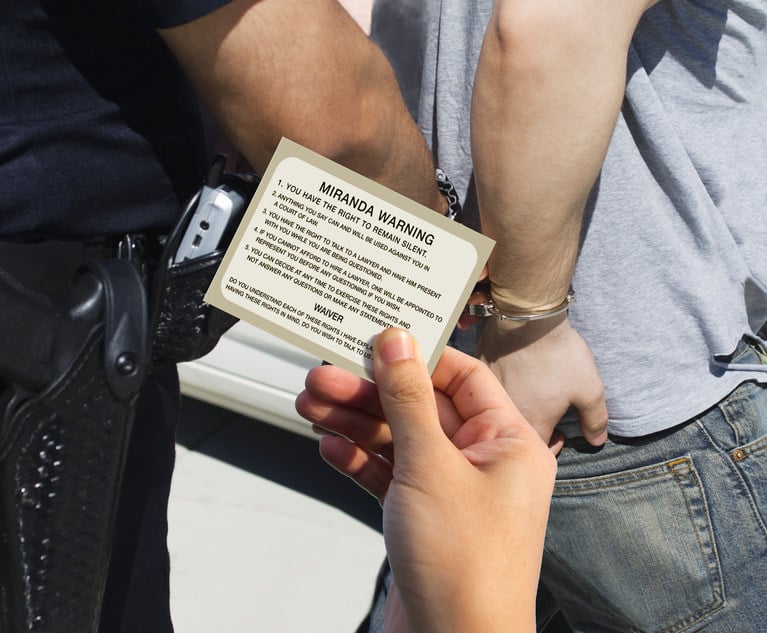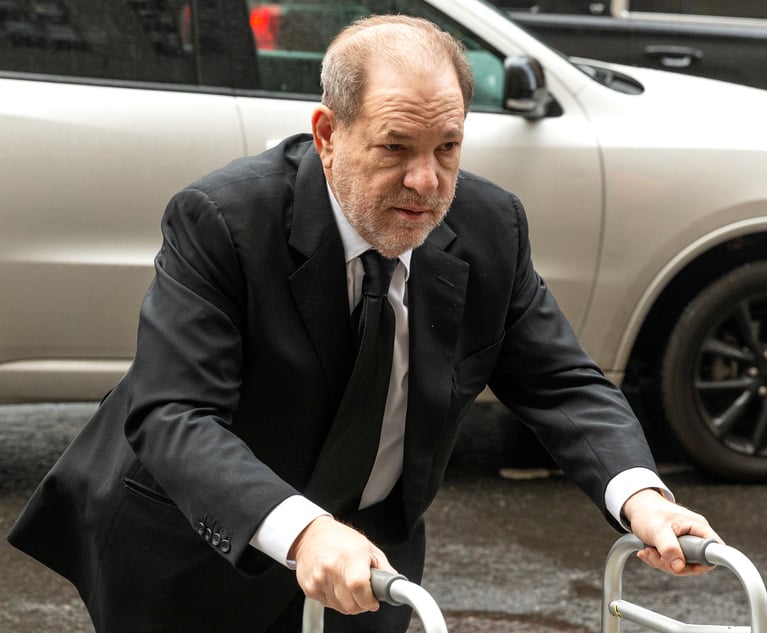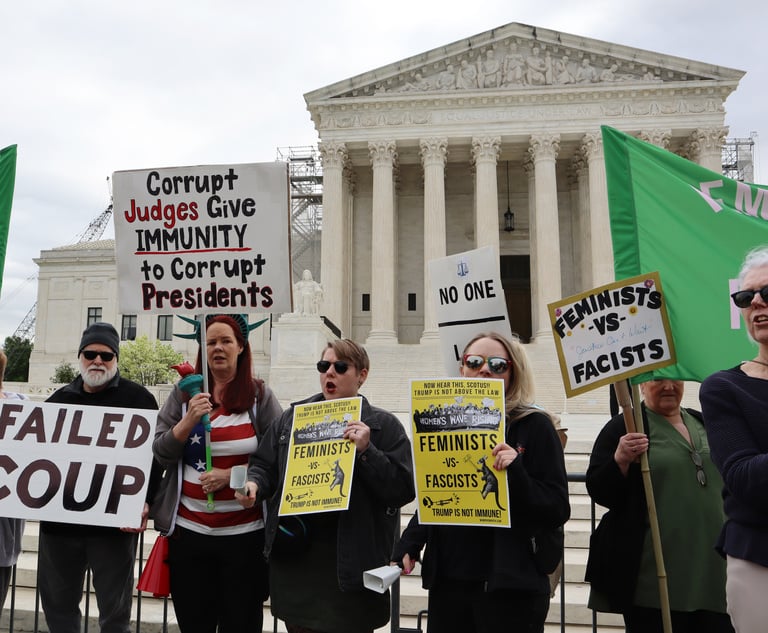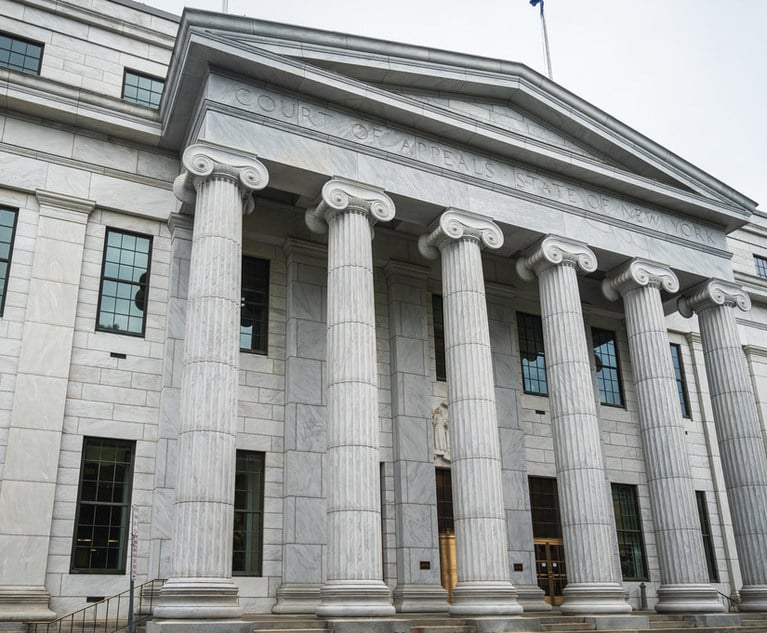 Suspects in police custody may not be interrogated unless they are first informed of their rights to remain silent and to counsel. The warnings mandated by Miranda v. Arizona, 384 U.S. 436 (1966) are a routine part of police work and a fundamental aspect of our criminal justice system. They are part of our national culture.
Suspects in police custody may not be interrogated unless they are first informed of their rights to remain silent and to counsel. The warnings mandated by Miranda v. Arizona, 384 U.S. 436 (1966) are a routine part of police work and a fundamental aspect of our criminal justice system. They are part of our national culture.
Nevertheless, in Vega v. Tekoh, 142 S.Ct. 2095 (2022), the Supreme Court held that a §1983 claim for damages does not lie against a law enforcement officer who obtained a statement from a suspect in violation of Miranda, even if the statement was introduced against him in the criminal trial. The justices split 6-3 along strictly ideological lines. Justice Alito wrote the opinion for the Court, joined by Chief Justice Roberts, and Justices Thomas, Gorsuch and Kavanaugh. Justice Kagan wrote the dissent, joined by Justices Breyer and Sotomayor.






